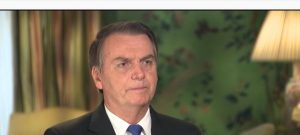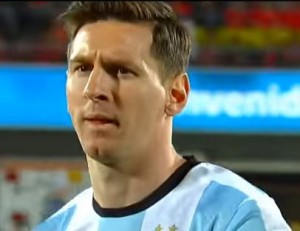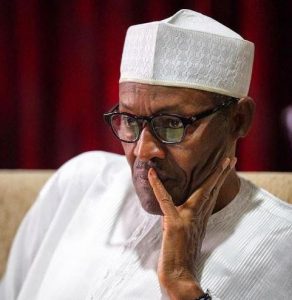
RIO DE JANEIRO, Republic of Brazil. Brazil has slipped deeper into its worst political crisis this century after the speaker of the country’s lower house accepted impeachment proceedings against President Dilma Rousseff.
After months of political jockeying, Eduardo Cunha – the powerful speaker of the chamber of deputies – finally gave the green light to an opposition motion on Wednesday to remove the head of state after lawmakers from the ruling Workers party announced plans to seek his own dismissal.
The announcement marked the end of an uneasy political ceasefire and the likely start of a new phase of instability in Latin America’s largest economy.
Rousseff, who won a narrow but uncontested mandate in an election little more than a year ago, may have the votes needed to remain in power, but the impeachment debate adds to an already long list of problems – including recession, the worst scandal in the country’s history and popularity ratings that have slumped into single digits.
The president has not been charged in the scandal, but she has been accused of election irregularities and window-dressing the state’s accounts for political advantage.
She and her party deny these claims.
Until now, Cunha – who is among several dozen lawmakers implicated in the Lava Jato investigation into corruption at oil giant Petrobras – has sat on the seven outstanding requests for Dilma’s impeachment proposed by a fractious congress.
But as pressure mounted on him on Wednesday, Cunha finally accepted a case lodged by lawyers Hélio Bicudo, Miguel Reale and Janaína Paschoal.
To proceed, the impeachment proposal needs the support of at least two-thirds of the deputies, or 342 of the 513 votes.
If that is successful, Rousseff will have to hand over power to vice-president, Michel Temer – who is from the same Democratic Movement party (PMDB) as Cunha – for 180 days while an inquiry is conducted by the senate. A final decision would then have to be approved by a two-thirds majority in the upper house.
Cunha dismissed the idea that his decision was motivated by personal or political reasons. “The basis of this [impeachment proceeding] is purely technical,” he said.
Workers party activists accuse Cunha and his supporters of plotting a coup.
Earlier this year, Cunha acknowledged that an impeachment, which would be the first since 1992, would be a “backwards step for democracy”.
However, he has changed his tone as his own position has come under greater threat.
One of the Lava Jato whistleblowers, Julius Camargo, has testified that the president of the chamber of deputies asked him for a $5m bribe related to a Petrobras contract. Cunha denies this claim.
The slow-burning political crisis has played out against a backdrop of mounting recession: the latest economic figures this week showed Brazil is now heading for its worst downturn since the Great Depression of the 1930s.
Unemployment is at a five-year high, inflation is nearly twice the government’s target, the value of wages has fallen about 5% since May 2014, and the nation’s GDP is forecast to shrink this year by about 4%.
Exports have failed to rise as hoped, despite a near halving of the value of the Brazilian currency – the real – against the dollar over the past year.
Credit: The Guardian (UK)




